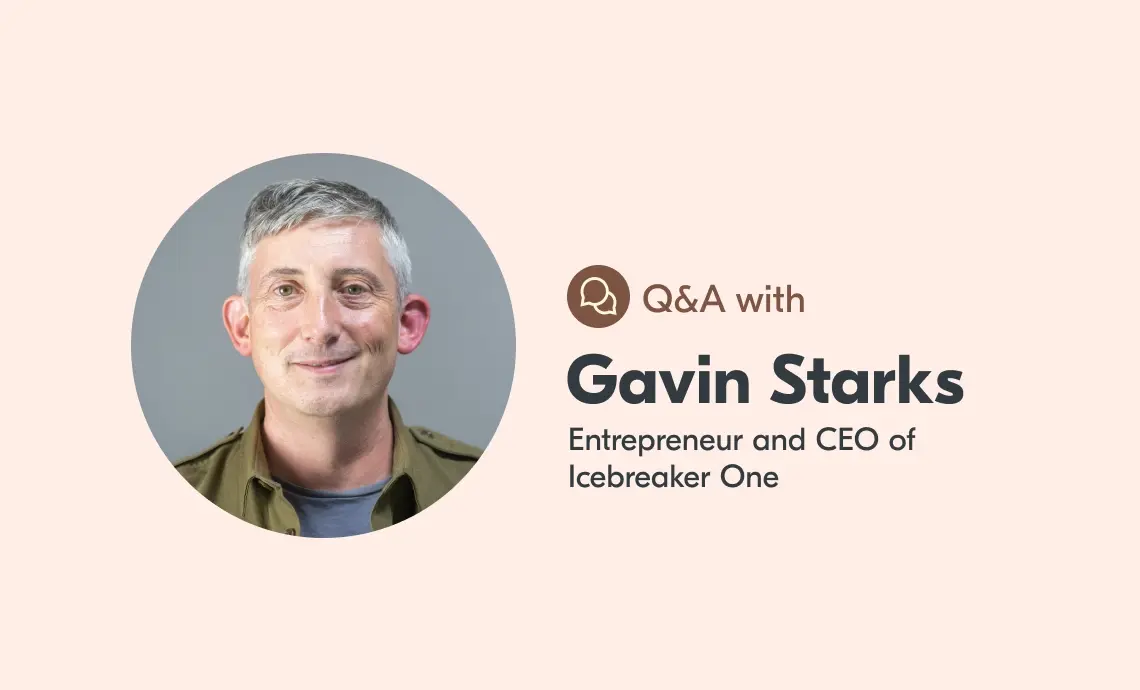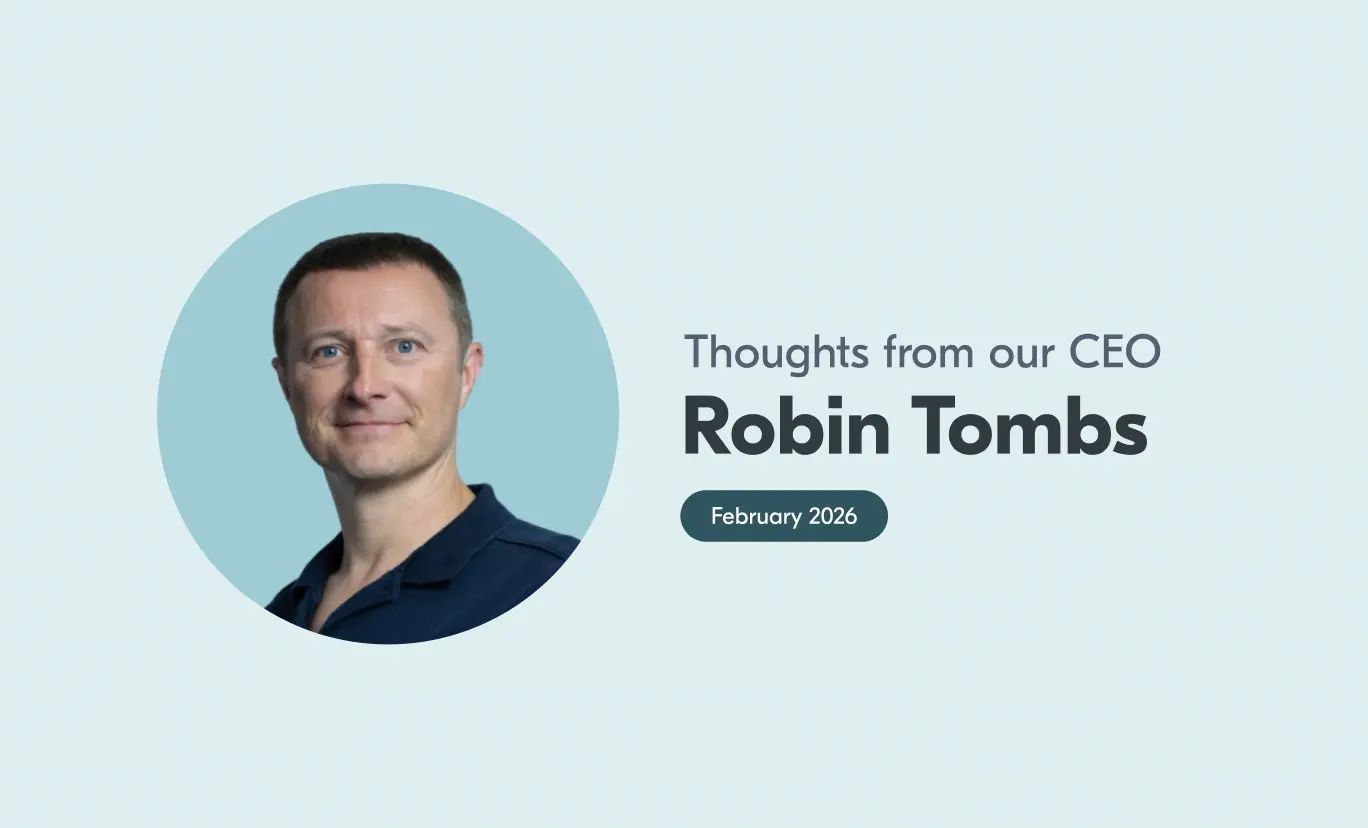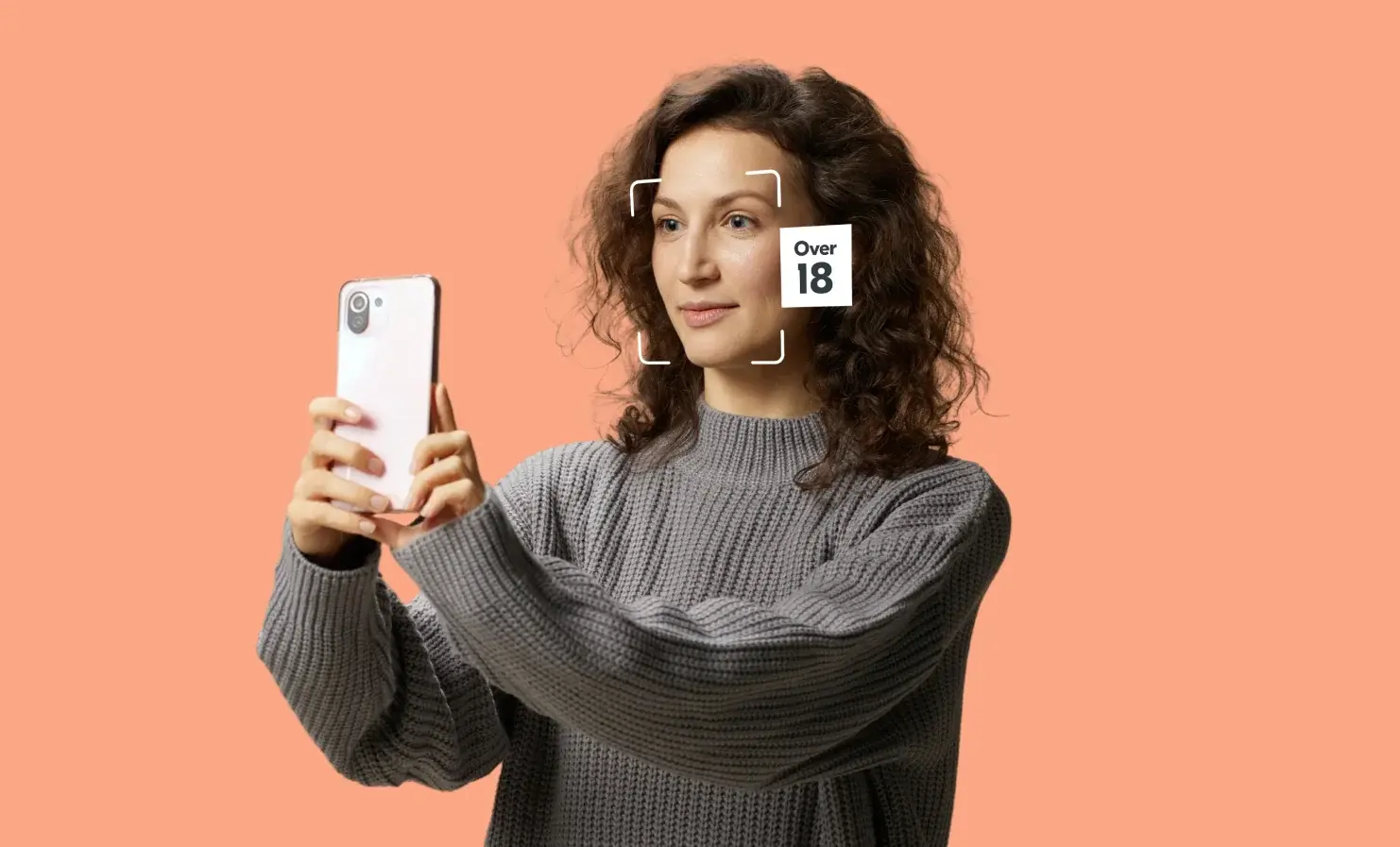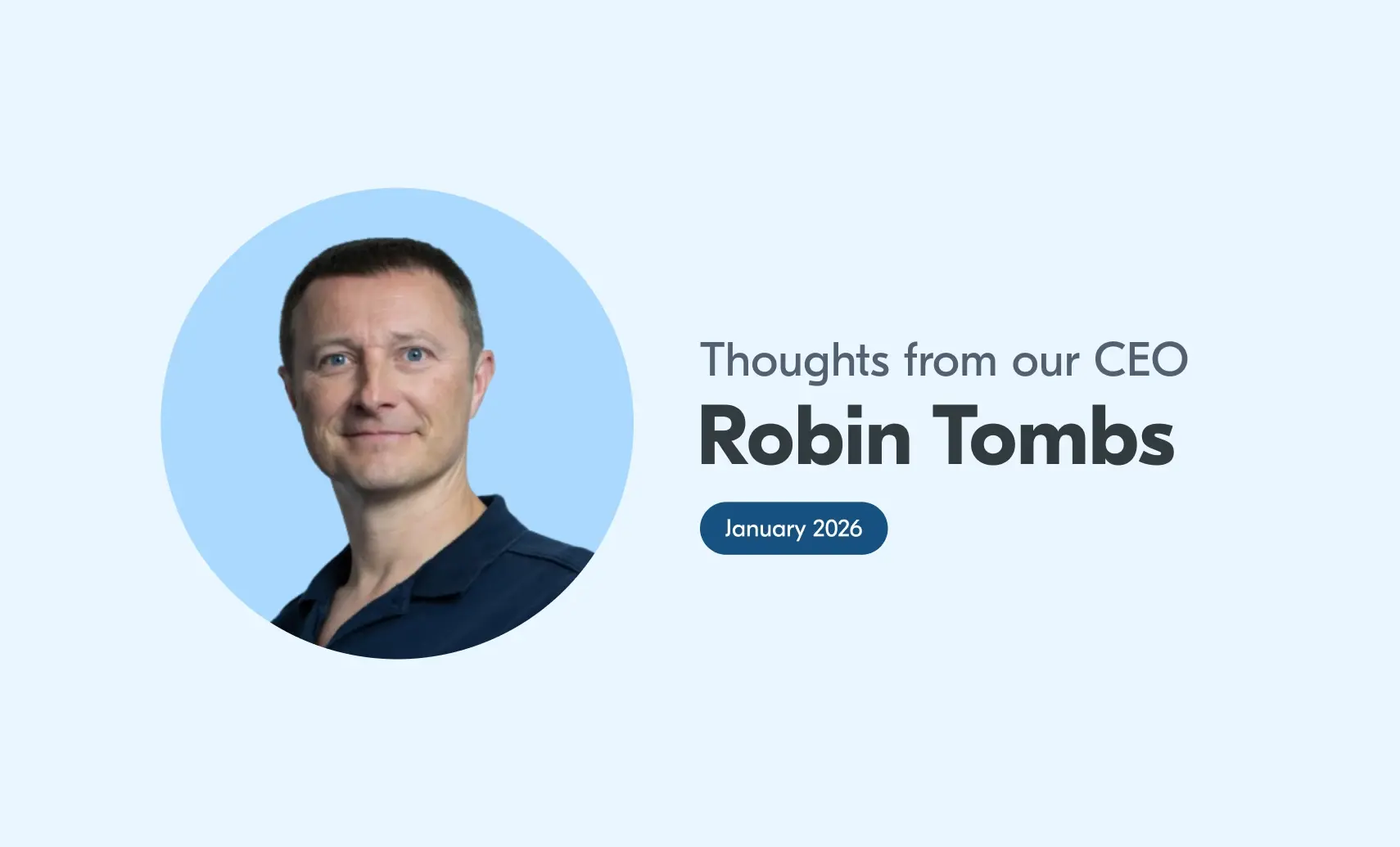
At Yoti, one of the ways we’re held accountable is by our external Guardian Council. Our Guardians are an independent board of advisors who ensure that our products, services and partnerships stay true to our core principles.
As his time on the Council comes to an end, we caught up with Gavin Starks, Entrepreneur and CEO of Icebreaker One, about his experience as a Yoti Guardian.
Why did you want to be a Yoti Guardian?
Yoti is working at the forefront of digital identity and tackles many of the big challenges of privacy, protection, innovation and data rights head-on. When I was invited to join their Guardian Council, I felt it was a very good idea. It’s very easy for companies to rush ahead and – to use the Silicon Valley trope – “ask for forgiveness, not for permission”. It was refreshing to see Yoti taking a different approach.
Initially, I wasn’t sure if having a Guardian Council was just a process to ‘look good’. I was also uncertain if it had a material impact on the business strategy. I was pleased to (quickly) discover that it’s the latter.
Over the years of Council meetings, many ideas have been brought forward for constructive criticism. And in many cases, those ideas have been stopped, or iterated upon, to address Yoti’s commitments to its users. In other cases, the Council has suggested approaches that have then been adopted by the business (for example, open and public discussion with other stakeholders).
Why do you think Yoti is different from other tech companies in the space?
I’ve been impressed with Yoti’s commitment to maintaining the Guardian Council, including through lockdown when all businesses were tightening their belts.
I’ve learned a lot through the process. Huge leaps forward in biometrics have required a lot of thought and a lot of action by the Yoti team. They have acted to improve training datasets and invest in mitigating bias due to skin tone, gender, age and other related challenge areas.
Where do you think you have made the biggest impact as part of the Yoti Guardian Council?
I encouraged a more open dialogue with people outside of the organisation. This led to many open roundtables with other parties such as civil society advocates, charities and governments.
My view has always been that no one has ‘the answer’. Therefore, the only way to create the right direction of travel is to ensure as many voices and critical friends are in the room. There’s no magic bullet to the challenges of our digital age, especially when working across multiple jurisdictions where laws, rules and cultural norms are materially different.
Ultimately, I like Yoti’s approach: it gives control to the user, applies the principles of data minimisation and consent and builds trust with its users. Yoti has a strong desire to, and its business model depends on, maintenance of that trust.
My experience as part of the Guardian Council has left me with the impression that Yoti is ‘best in class’. As such, I’m exploring how similar structures could be created in other organisations in the future.
On a more personal level, what’s next for you in your career?
I have recently been appointed as co-chair of the Smart Data Council, which has convened over a dozen government departments, regulators and the private sector to help translate the Data Protection and Digital Information (DPDI) Bill into action. The DPDI Bill, also known as ‘The Data Bill’ is currently going through parliament in the UK. Its main goal is to ensure the rights of citizens and consumers are structurally protected.
I believe the approach Yoti has taken is aligned with the bill, the needs of users, and the needs of businesses.
And finally, what are your hopes for the future of the industry?
As we move into a new age of AI and connected systems, the role of services offered by Yoti is becoming an essential part of our digital ecosystems. I do hope that other businesses in this space take as bold an approach and that our legislative instruments continue to push to both protect and help citizens. Together, this will enable innovative services to be delivered at scale in a considered and useful way.




